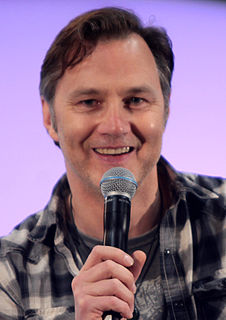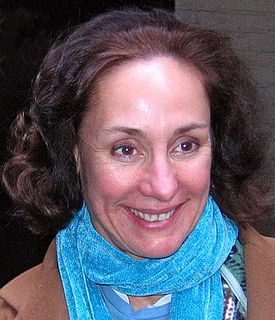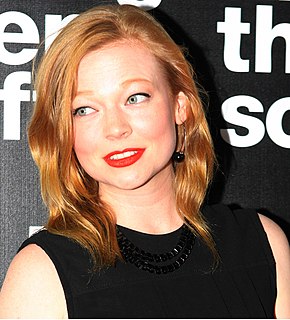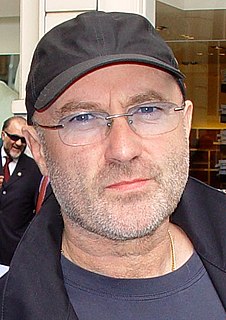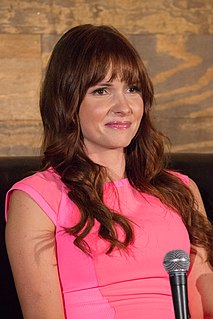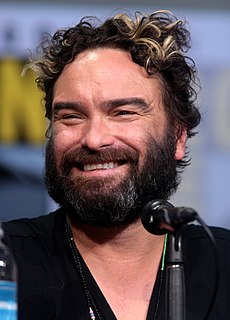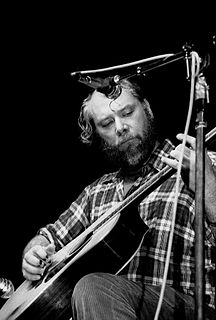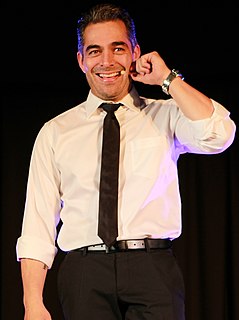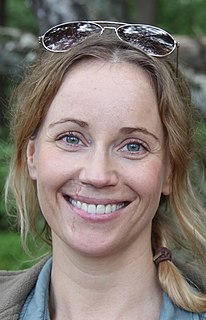A Quote by David Morrissey
The biggest difference between British TV and American TV is money. But what money doesn't do on American TV, which I thought it would, is buy you time. You don't get more time. You get more toys.
Related Quotes
I believe that the major operating ethic in American society right now, the most universal want and need is to be on TV. I've been on TV. I could be on TV all the time if I wanted to. But most people will never get on TV. It has to be a real breakthrough for them. And trouble is, people will do almost anything to get on it. You know, confess to crimes they haven't committed. You don't exist unless you're on TV. Yeah, it's a validation process.
There's something really cool about TV. TV, you get the luxury of having the same people around. It is such a blessing when you get a TV job. You really have a chance to get to make, like, work friends. I think TV is one of the few mediums where I've had the opportunity to get to know my crew members.
In my opinion, the greatest misconception about the market is the idea that if you buy and hold stocks for long periods of time, you'll always make money. Let me give you some specific examples. Anyone who bought the stock market at any time between the 1896 low and the 1932 low would have lost money. In other words, there's a 36 year period in which a buy-and-hold strategy would have lost money. As a more modern example, anyone who bought the market at any time between the 1962 low and the 1974 low would have lost money.
